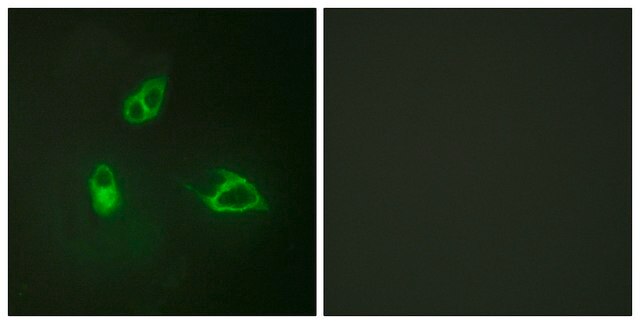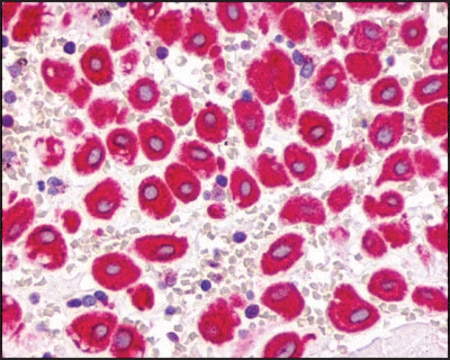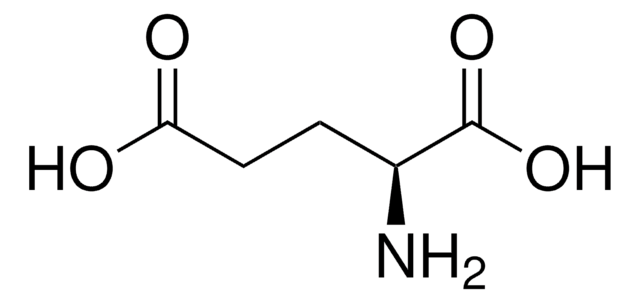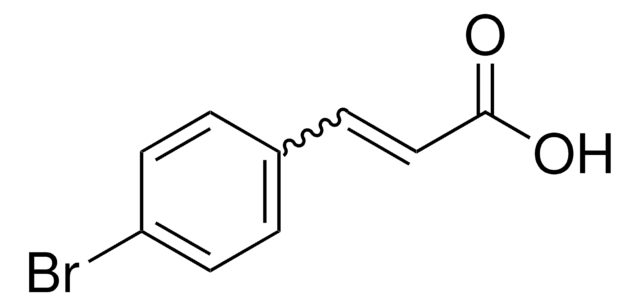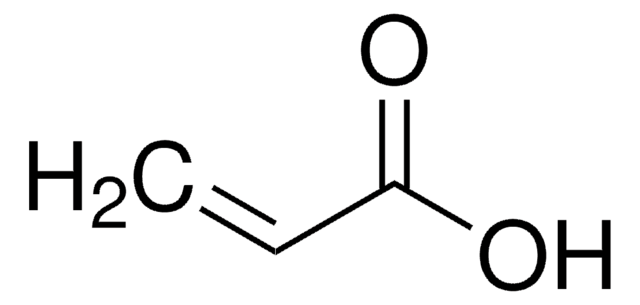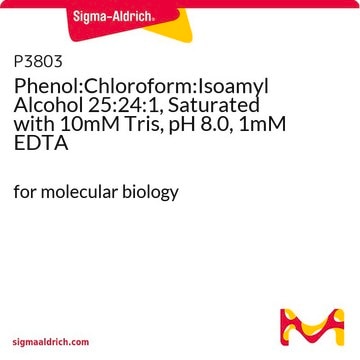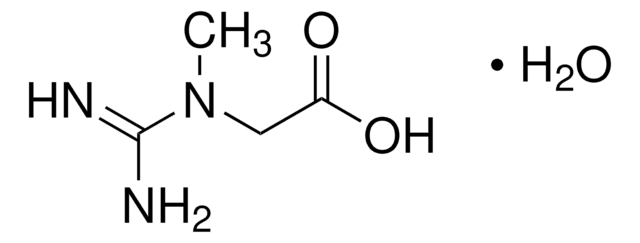General description
C-X-C chemokine receptor type 4 (UniProt: P61073; also known as CXC-R4, CXCR-4, FB22, Fusin, HM89, LCR1, Leukocyte-derived seven transmembrane domain receptor, LESTR, Lipopolysaccharide-associated protein 3, LAP-3, LPS-associated protein 3, NPYRL, Stromal cell-derived factor 1 receptor, SDF-1 receptor, CD184) is encoded by the CXCR4 gene (Gene ID: 7852) in human. CXCR-4 is a receptor for the C-X-C chemokine CXCL12/SDF-1 that transduces a signal by increasing intracellular calcium levels and enhancing MAPK1/MAPK3 activation. CXCR-4 is expressed in numerous tissues and two isoforms have been reported that are generated by alternative splicing. Isoform 1 is the predominant form in all tissues tested. CXCR-4 is rapidly phosphorylated on serine and threonine residues in the C-terminal upon agonist stimulation. Phosphorylation at Ser324 and Ser325 leads to recruitment of ITCH (E3 ubiquitin-protein ligase), ubiquitination and protein degradation. Sulfation on Tyr21 is shown to be essential for efficient binding of CXCL12/SDF-1alpha and it promotes its dimerization. Tyr7 and Tyr12 are sulfated in a sequential manner following complete sulfation of Tyr21. CXCR-4 acts as a co-receptor for human HIV-1 virus isolates (CD4 being the primary receptor) and as a primary receptor for HIV-2 isolates. CXCR-4 can also bind bacterial lipopolysaccharide (LPS) and mediate LPS-induced inflammatory response, including TNF-alpha secretion by monocytes. Mutations in CXCR4 gene cause WHIM syndrome that is characterized by neutropenia, hypogammaglobulinemia and extensive human papillomavirus (HPV) infection.
Specificity
This rabbit polyclonal antibody detects CXCR-4 in human cells. It targets an epitope within 12 amino acids from the N-terminal region. Immunogen sequence is conserved between isoforms 1 and 2. Hence, it may react with both isoforms.
Immunogen
Epitope: N-terminus
KLH-conjugated linear peptide corresponding to 12 amino acids from the N-terminal region of human CXCR-4.
Application
Anti-CXCR-4 Antibody, Cat. No. ABN1449, is a highly specific rabbit polyclonal antibody that targets human CXCR-4 and has been tested in Immunohistochemistry (Paraffin) and Western Blotting.
Immunohistochemistry (Paraffin) Analysis: A 1:250 dilution from a representative lot detected CXCR-4 in human bone marrow, human pancreas, human breast and human prostate tissues.
Research Category
Neuroscience
Quality
Evaluated by Western Blotting in Raji membrane extract.
Western Blotting Analysis: A 1:500 dilution of this antibody detected CXCR-4 in 10 µg of Raji membrane extract.
Target description
~53 kDa observed; 39.75 kDa calculated. Calculated molecular weight is 40 kDa but we observed it larger at around ~50 kDaUncharacterized bands may be observed in some lysate(s).
Physical form
Affinity Purified
Purified rabbit polyclonal antibody in buffer containing 0.1 M Tris-Glycine (pH 7.4), 150 mM NaCl with 0.05% sodium azide.
Storage and Stability
Stable for 1 year at 2-8°C from date of receipt.
Other Notes
Concentration: Please refer to lot specific datasheet.
Disclaimer
Unless otherwise stated in our catalog or other company documentation accompanying the product(s), our products are intended for research use only and are not to be used for any other purpose, which includes but is not limited to, unauthorized commercial uses, in vitro diagnostic uses, ex vivo or in vivo therapeutic uses or any type of consumption or application to humans or animals.
